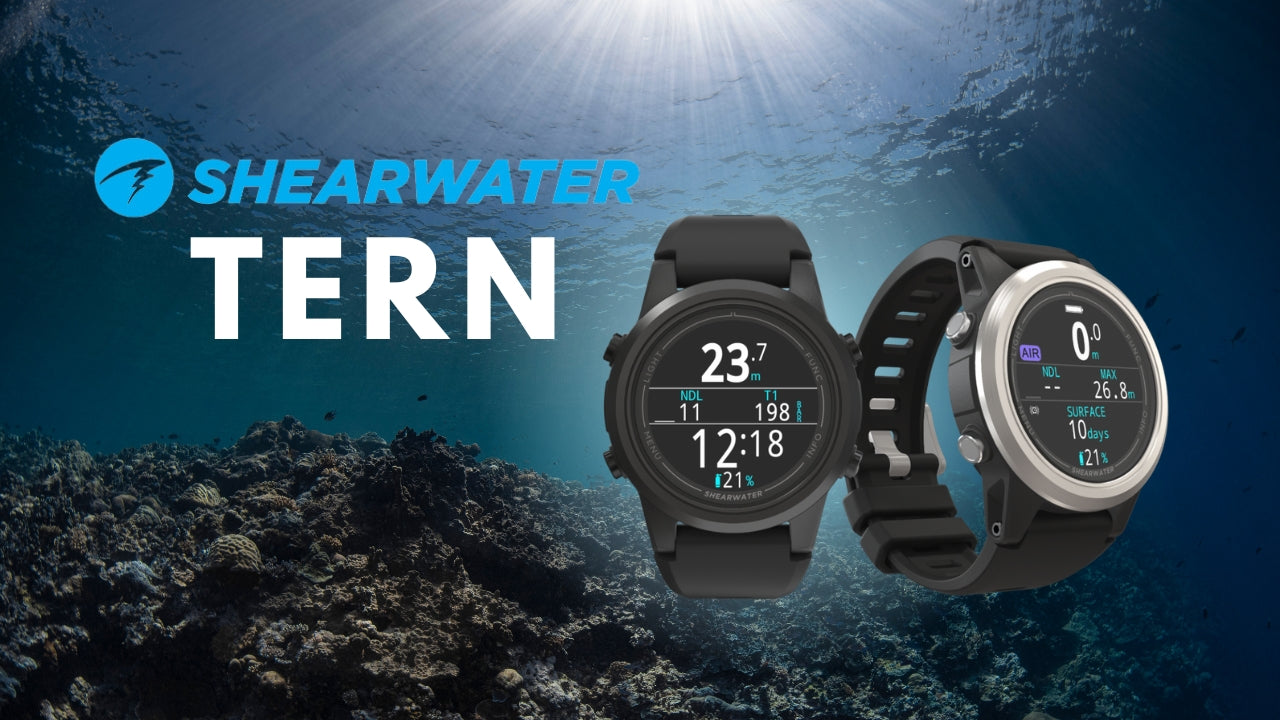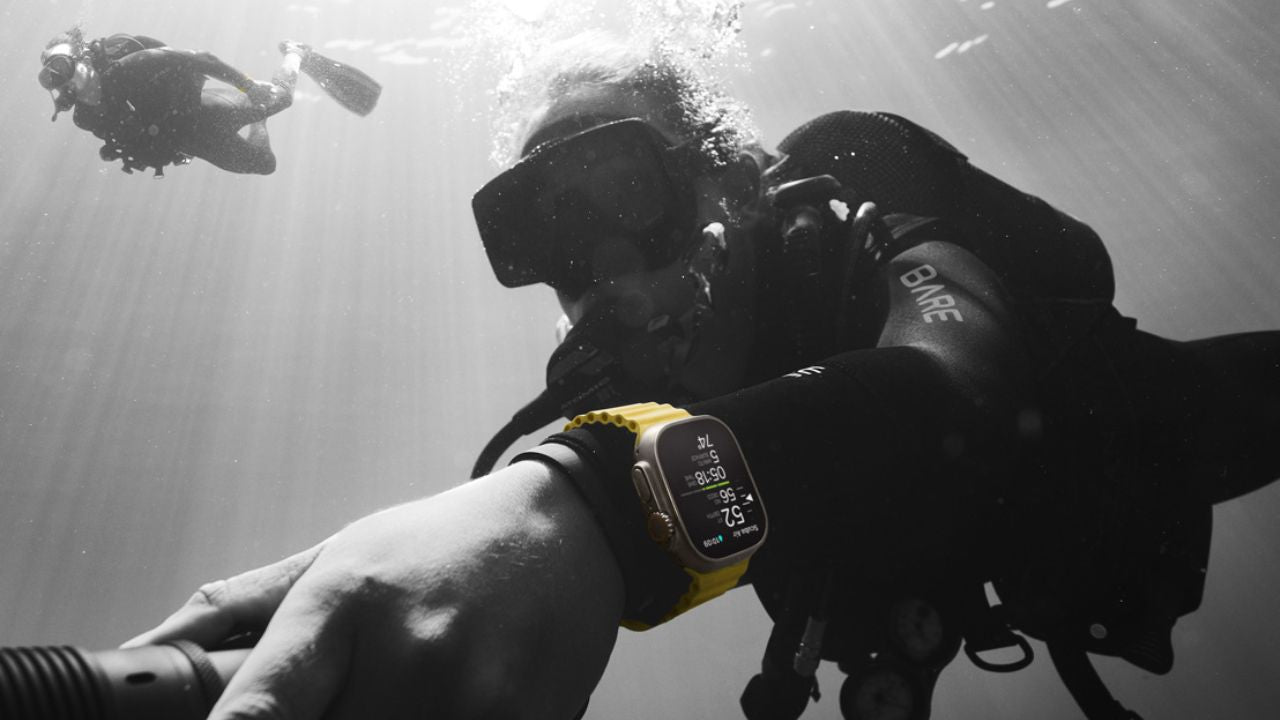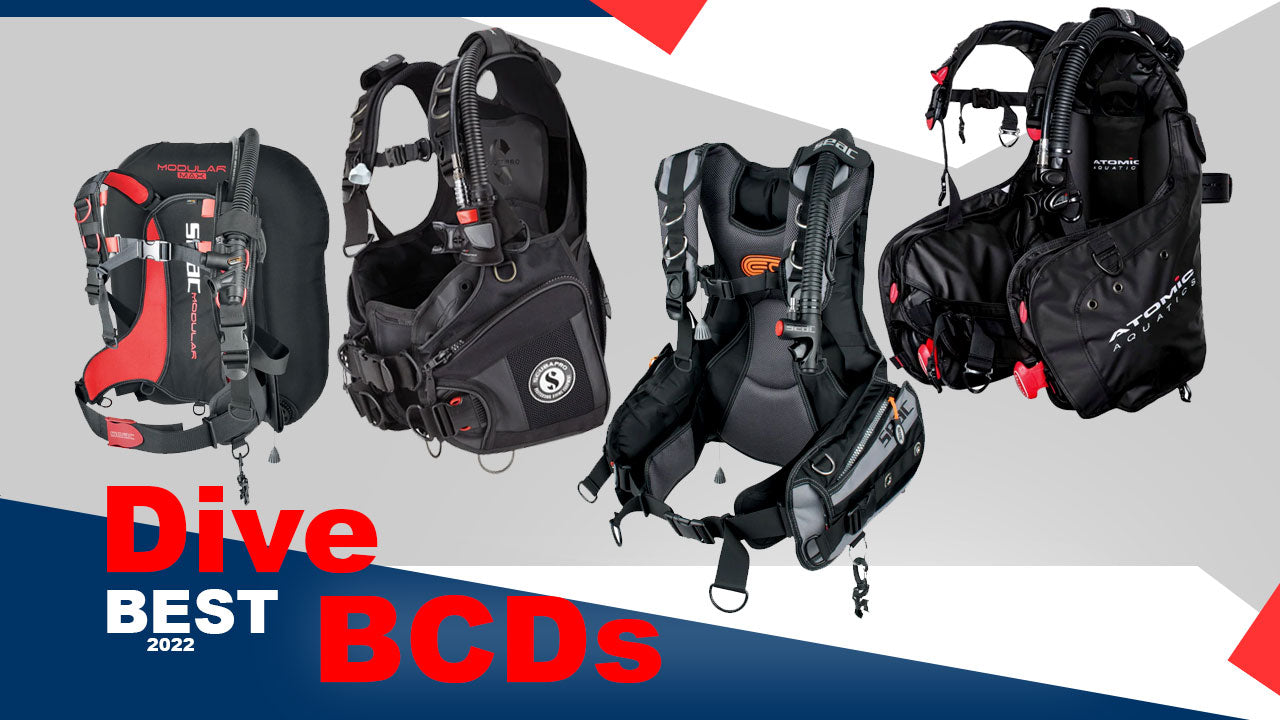Scuba Gear: Buying vs. Renting

No matter what activity I get myself into, the same question tends to arise over and over again - should I buy my gear or should I rent? The problem is that the answer to this question can be quite tricky. I have to consider a number of different factors, and when it comes to scuba, the issue is even more complicated, since in this case, we have to deal with a lot of life support equipment, that requires special care.
Many beginners consider renting dive equipment a more convenient option, considering that gear for rent is available at most popular dive sites. However, having your own equipment allows to really get familiar with it, which is a large factor in the underwater diving experience. In addition, personal gear is always more reliable as compared to overused rented gear which may be hazardous to your personal safety.
Having your own gear can also be advantageous if you are a novice diver, as it speeds up the learning process and helps to progress into the open water environment. It is true, however, that you don’t have to buy all of the gear right away. When starting off, it's best to stick to the basics, which include a mask, snorkel, regulator, fins, and BC.
One important thing to remember is that diving is much more than just breathing through a regulator. Buoyancy, streamlining, swimming and other little details need to be cared for. As you acquire and hone these skills you can discover how your diving gear affects your performance. You will be able to detect whether or not your equipment is fitting you comfortably. If the BC is too small, it will interfere with your diving and cause discomfort.
Improper fit does not only affect comfort but also the diver’s safety. The best way to make sure that your gear fits perfectly is to carefully choose and adjust it to your specific parameters. Rental gear may not always be available in the necessary size.
Even if you have been able to acquire gear that is your size, you may still have a problem when it comes to available features. Not all diving gear is built the same. When you purchase your own gear you have the freedom to choose the parts that you want, which will contribute to your comfort underwater. Not only will purchasing your own diving equipment be a fun experience, but you will also acquire new useful knowledge.
Once you get familiar with the gear you’ve purchased. you will be well prepared to care for it and service it responsibly. All previous events and problems will be accounted for, allowing you to detect possible issues earlier.
Buying your own gear will also help you maintain a relationship with the diving store resulting in better deals, should you make any purchases in the future. The sign of a serious and professional diver is personal equipment that he/she is familiar with.
To sum everything up, let us outline the major pros and cons of purchasing your own dive equipment.
| PROS | CONS |
|---|---|
First and foremost, you know where and when your gear was used, as well as its service record. Consider this factor by answering a few questions for yourself. Do I want to go on a really expensive dive trip and use a regulator that tons of people have used before me? Do I want to spend money, go on a trip and lose dives because the gear was not properly serviced? The second benefit is better fit and function. Having your own gear you know that everything fits you properly and you know how everything is going to function. You don’t need to figure out the peculiarities of new equipment before each dive. The third consideration is time. If you are like me, you will try to do as much diving during your vacation as you can. If you have to pick the gear up every time before you go diving it is going to eventually cut down on your dive time. | The most obvious downside of buying your own dive equipment is the cost. Some gear can be quite pricey and if you are not sure, how committed you are to scuba diving, it may be a good idea to only buy the absolute basics, until you decide whether or not you need more. Solution: If you plan on going diving fairly regularly and feel passionate about it, consider the fact that rental costs add up and eventually you may get to a point where renting becomes more expensive than owning your gear. The second issue that you may encounter if you buy your gear is difficulties with transporting it when you travel to dive abroad. Transatlantic and other long flights almost always have luggage weight restrictions. Your typical dive gear set will take up the majority of an average luggage allowance, so you are more than likely to pay extra fees as a result. Solution: The good news is that some manufacturers offer lightweight scuba gear that's designed specifically for travel, so that you can reduce or even eliminate the extra costs associated with the issue. |
Ultimately it is up to you to decide whether you prefer the confidence comfort and safety of having your own gear or the ease and cost-effectiveness of rentals. Either way, we hope, you feel comfortable with your decision and have a great time diving!



![9 Best Dive Computers in 2024 [Reviewed & Updated] - DIPNDIVE](http://dipndive.com/cdn/shop/articles/best_computers2.jpg?v=1658752532)
